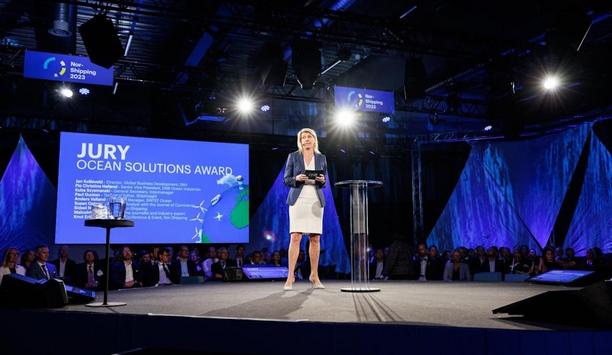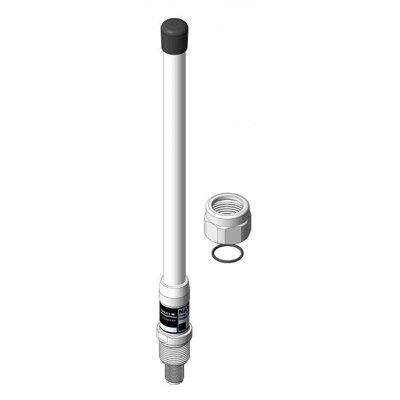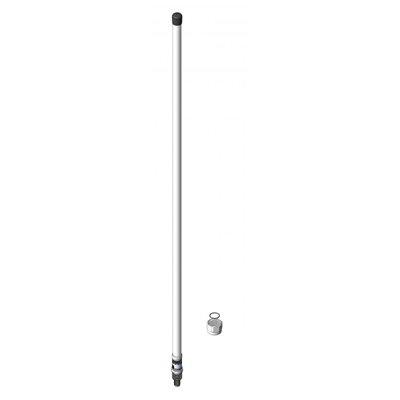Accelleron has unveiled the next generation of turbochargers for two-stroke engines, the X300-L series.
The platform-based and easy-service concept complemented by Accelleron’s Turbo Insights digital technology sets a new benchmark for turbocharging that will offer ship operators the flexibility to respond to uncertainty around the fuels they will use and how they will operate their vessels in the future.
Benefits of the X300-L series
The benefits of the X300-L series, which currently comprises the ACCX365-L and ACCX370-L models, stem from its platform-based compact design, making it easy to service and easy to adapt to different requirements that might evolve from an increasing variety of fuels.
A new turbocharger design means that the entire rotor subassembly can be exchanged in a single port call, using a new or refurbished cartridge.
Serviceability and flexibility
The exchange at port means the full run time between overhauls can be used resulting in three scheduled services
The improved serviceability of the X300-L means that turbocharger overhaul is no longer tied to dry docking schedules. Instead of servicing turbochargers every five years, exchange at port means the full run time between overhauls can be used, resulting in just three scheduled services rather than four across a 25-year vessel lifespan.
This reduces operating costs and provides operators with greater flexibility in their service regimes.
Performance improvement
Digitally enabled technologies are also increasingly relevant for advanced service models enabling the use of cartridges across individual vessels and potentially even across different owners.
The X300-L series is fully enabled with Accelleron’s Turbo Insight, giving operators the ability to identify performance improvement opportunities and identify when service will be needed well in advance and helping Accelleron to judge exposure-based maintenance needs.
Platform-based concept
The series has been designed with a margin for the even higher pressure ratios that new fuels could require
The platform-based concept is essential for delivering flexibility to adapt to future changing requirements. The series has been designed with a margin for the even higher pressure ratios that new fuels could require.
As a result, turbocharger core components for specific fuels can be incorporated more rapidly for new build projects as well as for upgrading the existing population.
Power density
The power density improvements in combination with the unique cartridge concept lead to more flexibility for the X300-L on engine arrangement. Concept studies have shown the feasibility of turbocharging an engine with a twin arrangement where two X300-L type turbochargers are applied per intercooler instead of one large conventional type without fundamentally changing the engine design concept.
By doing so the benefits of port call cartridge exchange can be extended to the largest engines and vessel types.
Fuel savings
The X300–L series re-imagines turbocharging for an era of multiple fuels and increasing cost pressures"
In addition, the turbocharger cut-out options increase leading to tangible fuel savings. The first X300-L turbochargers are expected to be delivered by the end of 2025, with the first orders being taken in the second half of 2024.
Christoph Rofka, President of Accelleron’s Medium and Low-Speed Product Division said, “The X300 –L series re-imagines turbocharging for an era of multiple fuels and increasing cost pressures in shipping."
Decarbonisation
"A platform-based design means upgrades can be introduced more easily as technology advances and provides the enhanced serviceability that operators need in order to control operating costs."
"Ship operators need flexible technology to exceed existing performance and excel on their path to decarbonisation. The X300-L series delivers exactly that.”
















